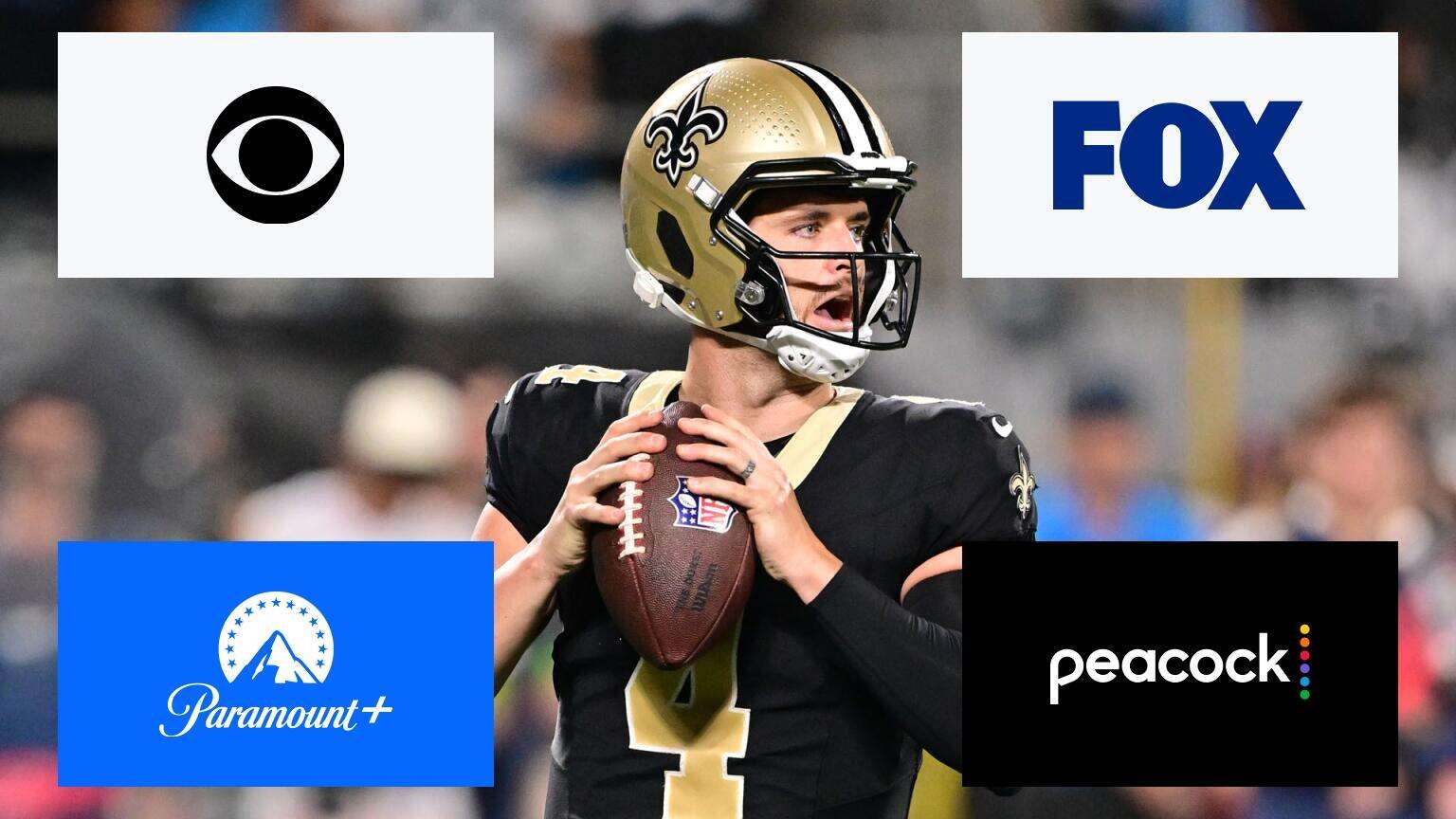- Joined
- Dec 28, 2014
- Messages
- 12,606

What's at Stake in NFL Sunday Ticket $6 Billion Class-Action Lawsuit?
The case now has a trial date, and if the plaintiffs are successful in the case it could lead to huge changes in how audiences watch NFL games.
What's at Stake in NFL Sunday Ticket $6 Billion Class-Action Lawsuit?
David SatinLawsuits are nothing new for the NFL. An entity as huge and worth as much money as the NFL is bound to attract attention, and to be sure it has earned legal scrutiny at times. The league has been facing a class-action lawsuit for the past nine years regarding its pricing and distribution of games on NFL Sunday Ticket, and depending on the outcome of the suit the NFL broadcasting landscape could undergo huge changes in the next few years.
- The suit, representing more than 2 million individuals, as well as nearly 50,000 bars and restaurants is headed to trial on Feb. 22.
- NFL figures like Roger Goodell, Robert Kraft, and Jerry Jones are being called to testify.
- If plaintiffs are successful, NFL teams could gain the right to negotiate TV and streaming deals for themselves.
What Would NFL Broadcast Landscape Look Like if Suit Succeeds?
The lawsuit against the NFL might not be getting too much attention now, just days ahead of the AFC and NFC Championship games and weeks before Super Bowl LVIII. But it may start grabbing more headlines quickly after the Super Bowl concludes, as the judge presiding over the case ordered it to trial and set a start date of Feb. 22.
Front Office Sports reports that huge NFL names like commissioner Roger Goodell, owners like the Dallas Cowboys’ Jerry Jones and New England Patriots’ Robert Kraft, as well as CBS Sports chair Sean McManus, have been called to testify. The fact that such names are being sent to the witness stand should serve as some indication of how important the suit could be.
Indeed, the damages in the case could amount to as much as $6.1 billion, and that’s not even the most important consequence of a victory by the plaintiffs. Such a ruling could mean individual NFL teams would be free to make their own TV broadcasting and streaming agreements, instead of proceeding as one unified league as the NFL has done in making its broadcast deals in the past.
If that happens, NFL teams would more closely resemble NHL and NBA teams in how they distribute their broadcast rights. It could be a huge win for regional sports networks (RSNs) like those from Bally Sports, who might suddenly have access to the top television product in the United States from a ratings perspective. Many teams would likely create their own streaming services for in-market fans, and some of these could allow fans to watch live games no matter which linear channel the team appears on. Games could even disappear from current broadcast and streaming partners such as CBS, Fox, Paramount+, and Peacock as teams sort out new broadcasting arrangements for themselves.
Such a ruling could be a disaster for the NFL as a league, however. One of the biggest reasons the NFL became such an indispensable part of many Americans’ lives is because of its wide availability on free, over-the-air broadcast channels like CBS, Fox, NBC, and ABC. It offered a relatively simple answer to the question “Where can I watch my local team?”; fans who lived in the same area as an NFC squad would usually find its games on Fox on Sunday afternoons, and fans who lived in the market of an AFC team can typically flip on CBS to see that team’s game on a given Sunday.
If teams start selling their broadcast/streaming rights on their own, it would create a much more chaotic situation from a fan perspective that could even result in lower ratings. The question of where to find a team’s games on a particular day would be much harder to answer, and games might shift to cable channels, where some owners will no doubt be attracted by a promise of more revenues, just like MLB, NBA and NHL owners have been in the past.
Why is NFL Facing a Class-Action Lawsuit Over Sunday Ticket?
The suit was first filed in 2015, years before NFL Sunday Ticket moved to its current home on YouTube TV. Back then, DIRECTV held the rights to Sunday Ticket, and as of now the league insisted on setting a very high price for a Sunday Ticket subscription. In 2023, customers who didn’t want to sign up for YouTube TV had to pay $450 for a season’s worth of Sunday Ticket.
The legal process has played out slowly in this case, which was also delayed by the COVID-19 pandemic. Altogether, it represents 2.4 million residential customers, as well as more than 48,000 bars, restaurants, and other commercial establishments. It argues that by limiting the offering of out-of-market NFL games to just one service, and then charging a premium price for that service, the league is in violation of antitrust laws and creating a non-competitive environment.
The NFL has had no luck in getting the case dismissed, and it may already be planning for the contingency that it loses the suit. A win would have good and bad consequences for fans; they might finally get access to in-market streaming services with single-game options for their favorite teams, and more outlets for watching out-of-market games than just NFL Sunday Ticket. But they might also see their top squad be moved behind the cable paywall, or face more confusion about where the team is available to watch week-to-week.







